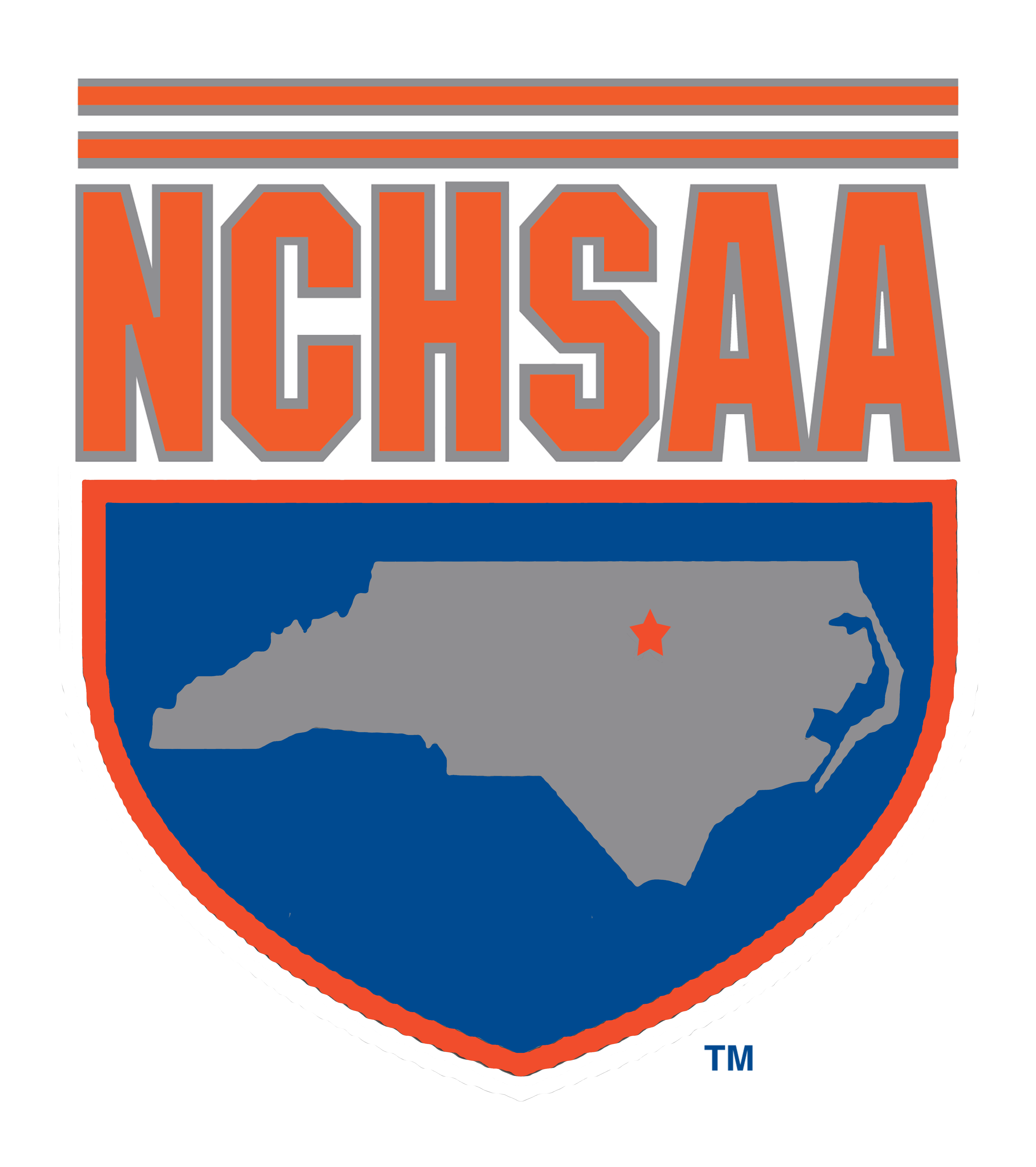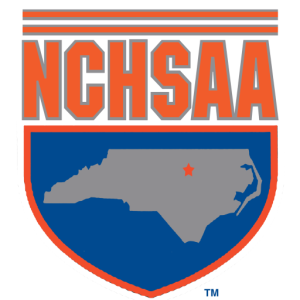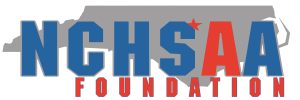FOUR QUESTIONS–A CONVERSATION WITH JOE POLETTI
Joe Poletti has worked in education for 29 years and has enjoyed a tremendously varied career. His jobs have included teacher, instructional technology facilitator, state department consultant, university program administrator, athletic director, and K-12 director of media/technology and other programs.
He is currently the principal of Croatan High School in Carteret County, and has also served as an assistant principal and athletic director at East Carteret, assistant principal at West Carteret and was the athletic director for the Carteret County school system. Joe currently serves on the North Carolina High School Athletic Association Board of Directors.
Joe earned his undergraduate degree at Appalachian State University and holds masters from Catholic University in Washington, D.C., and East Carolina University.
Q: What is the most difficult thing about being a high school principal?
A: The unrelenting hours and stakeholder demands notwithstanding, the greatest challenge is maintaining a high performance culture that responds with agility to change. The avalanche of reform over the last four years has been unprecedented, but not necessarily unpredictable. An effective school leader has to be well-informed and adept at reading the tea leaves so that appropriate responses to change may ensue seamlessly. Further, it’s not a go-it-alone proposition. The teachers and staff must have the capacity for collaborative problem-solving to help shape the best responses to change…responses that ensure protracted student success.
One such example at Croatan has been our response to the transition from a strictly proficiency-based model of accountability to one based on a mix of proficiency and growth. Our school conversations about student academic growth over the last four years have been significant, challenging and inspiring. In response, what teachers have done in classrooms is amazing. Their efforts have been validated by extremely positive results on recent releases of school accountability measures.
Q: What role do you believe athletics can play in the overall atmosphere of a high school and in the community?
A: Academics and extra-curriculars should enjoy a symbiotic relationship. Academically, Croatan is recognized among the high performing traditional public high schools in the state. We have enjoyed similar success in the 2A Wells Fargo Cup state standings.
During a recent re-accreditation process, we tasked ourselves with investigating the extent to which our students had meaningful connections to faculty and staff. We soon discovered that nearly eighty percent of our students were invested in school beyond the four-period day. Largely, they were involved with mentor-coaches in after-school activities related to athletics, band, drama, chorus, and clubs. Such high-level participation is paramount to a school’s success and positive community relations.
We are fortunate to offer 28 athletic teams on which students may participate. Certainly, we have vast opportunities for participation in football, volleyball, wrestling, basketball, baseball, softball, track and field, and soccer. However, we are seeing increasing interest in sports such as cross-country, indoor track, swimming, golf and tennis. This year marks the first season of lacrosse at Croatan. And we have a beach volleyball club team gearing up this spring.
We are blessed to have community support for an evolving array of athletics and other extra-curricular activities. This support keeps students engaged in positive experiences that add significant value not only to their physical health but also to their sense of community (team) and development of character.
Q: How would you describe your experience thus far as a member of the North Carolina High School Athletic Association Board of Directors?
A: Truly, this has been a professional honor I hold in extremely high regard. The gravity of what we do became immediately apparent to me as I joined the Board at the time we were discussing the challenge by membership to parochial schools. The research, viewpoints, legal ramifications, and conversations were eye-opening. Many to this day probably underestimate the latitude in policy and practice we found within specific LEAs in dealing with their own transfers and school jurisdiction ranges. So how could you sanction one and not the other?
The composition and professionalism of this Board is admirable; the networking, invaluable. Leadership ensures that representation creates an equitable cross-section of the state. Twice a year we meet to deal with rules and issues that impact student-athletes and schools. In debate, we honor divergent perspectives. During tedious days and late nights, we aim to make the best decisions that positively influence the greatest number of people and programs possible.
Q: In your limited spare time, what are some of the activities you are involved in away from athletics?
A: What is spare time for a high school principal? Recently, I enjoyed a dose of spare time between the winter and spring sports seasons. In other words, I was usually able to go home after academic and business hours. This was multiplied by “spare time” created by several weather-related delays and school cancellations. During this respite, my wife Lisa and I enjoyed sharing meals together, doing taxes, and planning for our oldest daughter’s wedding. Well, at least we enjoyed sharing meals together.
For the past 15 years, I have spent much time and energy on my pastimes of distance training—mainly swimming and road bicycling. I have always been a voracious reader. As an antithesis to the harried professional life of a high school principal, some of my best hours are spent reading novels or technical books in front of the wood stove, on the beach or in the hammock. I regularly lector at St. Egbert Catholic Church, and I have been playing guitar for over forty years.



